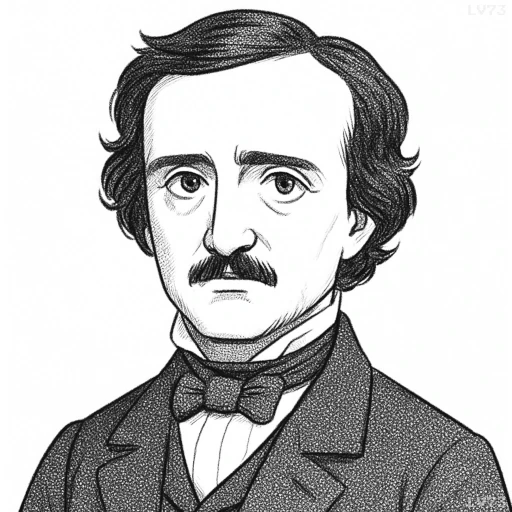“Lord, help my poor soul.”

- January 19, 1809 – October 7, 1849
- American
- Novelist, poet, critic
table of contents
Quote
“Lord, help my poor soul.”
Explanation
This brief yet poignant quote expresses a deep sense of desperation and spiritual plea. In it, Edgar Allan Poe invokes divine help, likely reflecting the sense of helplessness and inner turmoil that pervades much of his work. The phrase “help my poor soul” suggests a recognition of one’s own vulnerability and fragility, coupled with the desire for divine intervention in a moment of moral or emotional crisis. Poe often grappled with feelings of guilt, loss, and psychological suffering, and this quote reflects those themes—an acknowledgment of the need for redemption or deliverance from internal strife.
Poe’s writing was often shaped by personal anguish, including the loss of loved ones, his struggles with mental health, and the existential questions that plagued him. This sentiment aligns with the broader Romantic tradition, where writers frequently explored intense emotional experiences, including feelings of isolation and the search for spiritual solace. The invocation of a higher power or divine help in moments of despair was common during this time, as many individuals turned to faith for comfort in the face of life’s uncertainties.
In contemporary times, this quote resonates with the universal human experience of grappling with inner conflict, guilt, or a sense of being lost. In moments of overwhelming difficulty, the desire for spiritual guidance or simply a sense of peace remains a key theme across cultures and beliefs. Whether through religion, therapy, or personal reflection, many people, like Poe, call out for help in moments of deep emotional struggle. The quote serves as a reminder of the vulnerability and need for support that all individuals may face when confronting their own fears or failings.
Would you like to share your impressions or related stories about this quote in the comments section?

